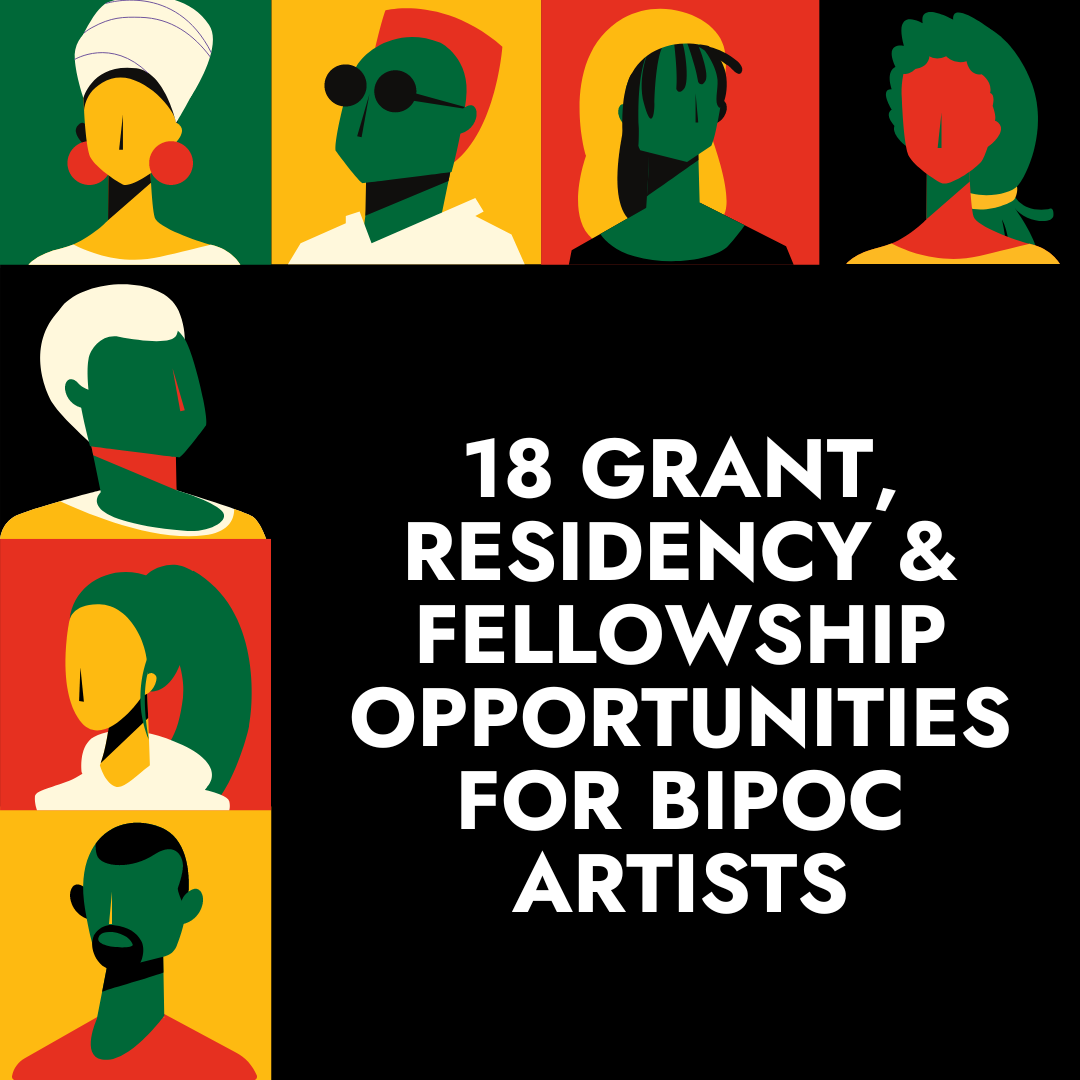
In 2019, a Williams College study uncovered serious bias in U.S. art museums. Researchers analyzed collections from the United States’ major museums and learned only 1.2 percent of all pieces in the museums were made by BIPOC artists.
When you compare that statistic to other races and ethnicities, Black artists have the lowest representation in U.S. museums. Comparatively, white artists represent 85 percent of pieces.
“The whole idea of Black artists needing to be seen is a topic that should be prominent. It should be the main discussion for us,” Lakea Shapard said at a 2022 panel held by The Contemporary Art Museum of Raleigh. “There are so many Black artists that have such great work, and we are also a part of this community, a part of America, wherever we are from, we are a part of that. I feel that it’s very important that we are represented as well.”
Since those statistics were released, art institutions have implemented more efforts to increase artist equity. These efforts include increased grants, cohorts and fellowships specifically for BIPOC (Black, Indigenous and people of color) artists, as well as appointing more people of color to boards and committees.
Existing in the creative space, Twist Out Cancer believes it is necessary to support historically marginalized communities, and artists of color are encouraged to apply for our 2024 Brushes with Cancer program and participate in our Twistshops.
To further assist with opening up opportunities to BIPOC artists, we’ve gathered a list of resources that help remove barriers. The below are BIPOC-specific grant, residency and fellowship opportunities.
The Beautiful Project Artist in Residence
This six-to-nine-month fellowship is open to Black women and nonbinary artists. Fellowship requirements include teaching youth and leading a special project that helps advance the representational and healing justice of Black girls, gender-expansive youth and women.
BIPOC Artist Residency at Alfred University
Alfred University’s School of Art + Design + Performing Arts Division hosts the BIPOC Artist Residency, which helps early-career artists resources to dive deeper into their craft. Chosen applicants receive housing, studio space and a grant to cover travel, meals and supplies.
Northern Clay Center offers the BIPOC Student Fellowship to early-career ceramic artists. Recipients share studio space for one year and receive resources and opportunities to attend the NCECA Conference and pursue mentorship.
Black creatives, curators and writers are invited to apply to the Black (Space) Residency. Artists in residence have access to studio space, a staging gallery, production labs and mentorship. Residencies last one to three months.
Black AF offers unrestricted funds, studio, exhibition space and community to Black artists who are addressing systemic inequalities. The organization’s ‘Resources’ page also provides a list of opportunities for Black artists.
Black artists in Greater Louisville can access the Black Artists Fund as a way to fund the creation of new works. Grants are available to Black artists across all disciplines.
Black Artists Grant
Creative Debuts offers this no-strings-attached grant to Black artists. The grant isn’t limited to art and recipients are encouraged to spend it on where it is needed most in their lives, whether that is art supplies or living expenses.
Black, Indigenous, and People of Color Residency
Resident artists spend a month at Corning Museum of Glass, where they receive a generous supply budget and shared studio space. During the residency, artists are expected to create a work and give a presentation on it at a free public event.
Emerging and established artists of the African Diaspora are invited to apply to Clark Atlanta University’s Black Optics residency. The artist in residence will create a work that is connected to the Clark Atlanta University Art Museum’s permanent collection or a temporary exhibition.
Black Trans Femmes Artists Residency Program
Black trans femme visual artist residents receive free access to studio space and a stipend for equipment and materials. Residents also host talks and workshops, as well as present their work to the community and stakeholders.
Lanesboro Arts BIPOC Artist Residency Program
While applications are currently closed, BIPOC artists living in Minnesota should keep their eyes on the opportunities coming out of Lanesboro Arts.
Applications for Ma’s House residency are open every December and January. While this year’s application deadline passed, keep Ma’s House in mind as winter draws near.
Tofte Lake Center is looking for six BIPOC artists for its residency program. Artists must live in Minnesota, identify as BIPOC and be over the age of 18.
The NALAC Fund for the Arts
U.S. and Puerto Rico-based artists are welcome to apply to The NALAC Fund for the Arts: Artist & Organization Grants. NALAC has a number of grant categories, with awards up to $10,000 per artist.
In 2020, the Artist Project Fund was established as a COVID-relief fund. Since then, it has evolved to support artists with financial and professional development. This year, the program is six months long and open to artists in the Metro Atlanta area.
The grants, prizes and residencies awarded by Queer Art Awards are tailored to queer artists. The Pamela Sneed Award for Black Queer|Art|Mentorship Artists and Organizer is specifically for Black queer artists that are within the mentorship community.
This residency is meant as a reprieve for BIPOC artists. Artist residents stay in New Orleans for one-to-two weeks and focus on rest, restoration, creation and vision.
Artists of color living and working in Louisiana are invited to apply to the Take Notice Fund. The organization provides $5,000 project grants to Black artists to help advance their artistic practices.